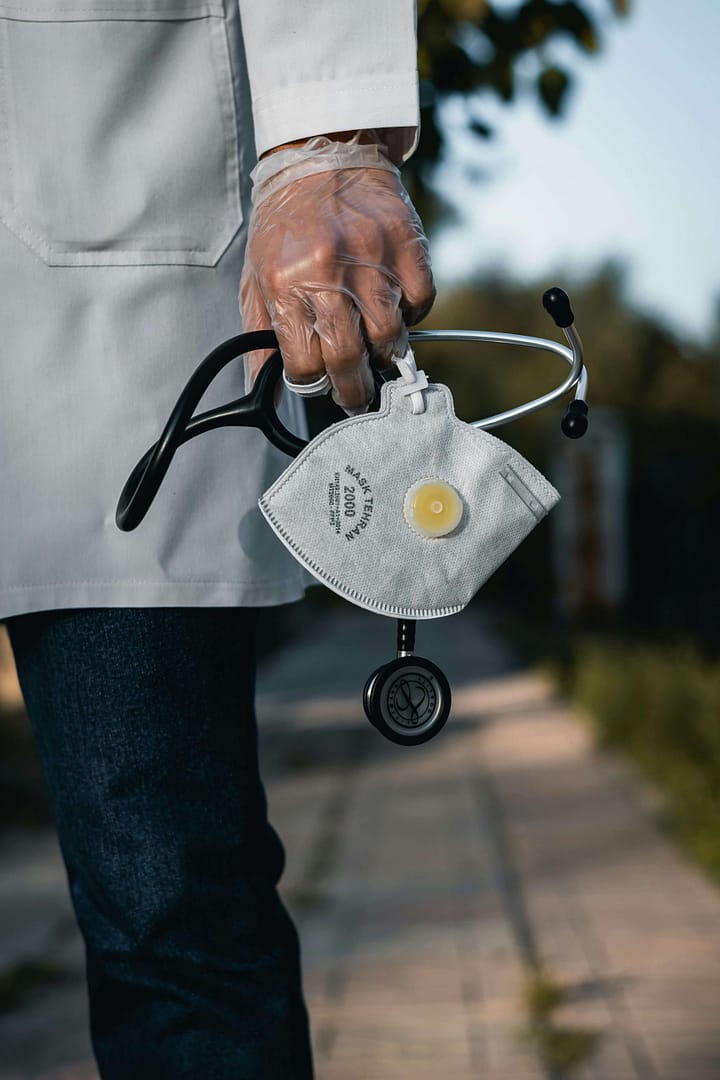Autism misdiagnosis is a surprisingly common occurrence. Here in the UK, many individuals struggle with getting the right diagnosis, often leading to years of confusion and missed opportunities for support. But why does this happen?
Buckle up, because we’re diving deep into the world of autism misdiagnosis, exploring the reasons behind it, the conditions it can be confused with, and how to finally get the clarity you deserve. We will also highlight how you can start a medical negligence claim.
The Tricky Maze of Diagnosis: Why Autism Gets Misunderstood
Diagnosing autism isn’t as simple as a blood test. It’s more like navigating a complex maze, where specialists rely on observing behaviours and development patterns. There’s no single “autism look,” and autistic people come in all shapes, sizes, and personalities. This beautiful diversity can sometimes make it tough for professionals to pinpoint autism, especially in adults and girls, who often present symptoms differently than boys.
The Chameleons of the Spectrum: Masking and Missed Diagnoses
Imagine an autistic person who’s a master of social situations. They might have learned to mimic social cues and mask their true feelings to “fit in.” This is a common coping mechanism called masking, and it can be a real double-edged sword. While masking can help autistic individuals navigate social situations, it can also hide core autistic traits, leading to missed diagnoses or misdiagnoses with other conditions like social anxiety.
The Look-Alikes: Conditions Often Confused with Autism
The autism spectrum can sometimes overlap with other conditions, making diagnosis even trickier. Here are a few common culprits:
- Attention Deficit Hyperactivity Disorder (ADHD): Both ADHD and autism can involve challenges with focus and hyperactivity. However, the core differences lie in social interaction and repetitive behaviors, which are more prominent in autism.
- Anxiety Disorders: Social anxiety can share some similarities with autism, like difficulty with social interaction. But autistic individuals often experience sensory processing issues and restricted interests, which are less common in social anxiety.
- Learning Disabilities: Learning disabilities can affect communication and social skills, leading to confusion with autism. However, learning disabilities typically focus on specific academic challenges, while autism impacts a broader range of developmental areas.
Receive a Call About Your Claim
The Path to Clarity: Getting the Right Diagnosis
If you suspect you or someone you know might be autistic, it’s important to seek a professional diagnosis. Here’s what you can do:
- Talk to your GP: They can refer you to a specialist like a developmental pediatrician or psychiatrist who can conduct a comprehensive evaluation.
- Be prepared to share details: The more information you can provide about your development, social interactions, and sensory experiences, the better equipped the specialist will be to make an accurate diagnosis.
- Consider a multidisciplinary assessment: This involves evaluations from different specialists like psychologists, speech therapists, and occupational therapists, providing a more complete picture.
Beyond Diagnosis: Embracing Your Authentic Self
Getting an autism diagnosis can be a life-changing experience. It can explain challenges you’ve faced and offer a path to understanding yourself better. Here’s the most important part: An autism diagnosis doesn’t define you. It’s simply a piece of the puzzle, helping you navigate the world in a way that works for you. There are countless successful, thriving autistic individuals out there, and you can be one of them!
Did a Missed Autism Diagnosis Cause You Harm? National Claims Can Help.
Many people struggle for years without a proper autism diagnosis. This can lead to missed opportunities for support, educational difficulties, and even mental health problems. If you believe a medical professional’s negligence in diagnosing your autism resulted in harm, you may be entitled to compensation. Here at National Claims, we understand the complexities of autism misdiagnosis and can help you navigate the process.
Free Consultation
Our compassionate team offers a free consultation to discuss your situation. We’ll listen carefully as you share your story and the impact a missed or delayed diagnosis has had on your life. This initial consultation allows us to assess the potential strength of your claim and guide you on the next steps.
No Win, No Fee
We understand that financial concerns shouldn’t prevent you from seeking justice. That’s why we operate on a “No Win, No Fee” basis. You won’t pay a penny upfront or if your claim is unsuccessful. Our fees are only deducted if we win compensation for you.
*Customers pay up to 25% (incl. VAT) of the amount recovered towards solicitor costs and if you cancel outside your cooling off period, you may be charged a fee.
Conclusion
Autism misdiagnosis can be a frustrating experience, but it doesn’t have to be the end of the story. By understanding the reasons behind misdiagnosis and seeking a proper evaluation, you can get the answers you deserve. Remember, an accurate autism diagnosis is a powerful tool for self-understanding, accessing support, and living a fulfilling life.
Contact us today to speak to one of our claims agents who will be able to help you get started on your claim.
Click below to see why we are one of the most trusted claims management companies in the UK.

We’re proud of our excellent customer reviews
We thrive on delivering exceptional service and ensuring our clients’ satisfaction. Don’t just take our word for it. Check out some of our independent reviews to see what our clients have to say.
Excellent

This firm is excellent, they sorted out my car pay out and injury claim very fast, they always communicate with you all the time.

My accident case was dealt with confidence and with great result of the outcome, especially James kept me informed all the time.

I was very impressed at the way my inquiry was treated. I was listened to attentively and everything I needed to know was explained to me.






